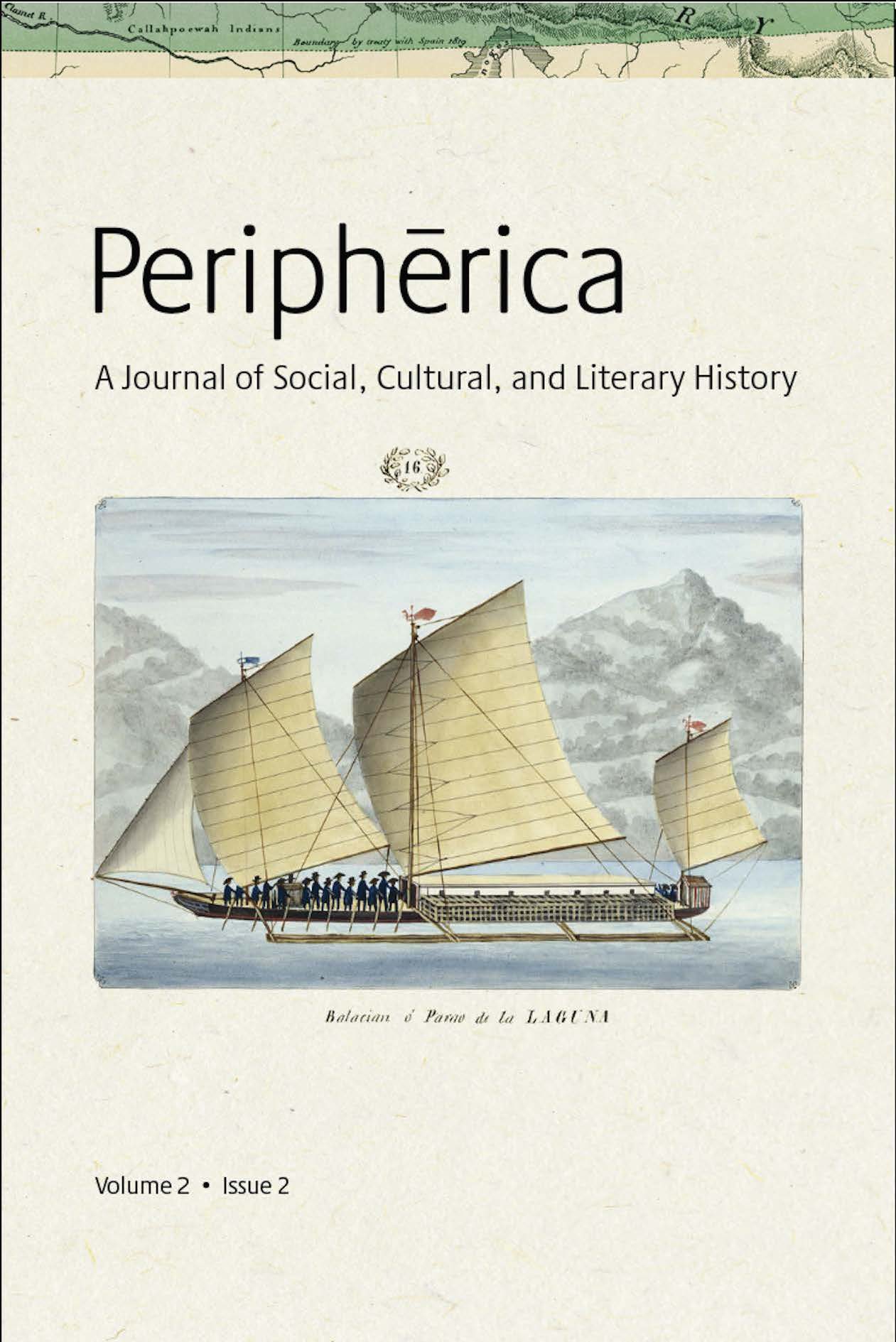Ephemeral Sovereignties and Vanishing Communities
Precariousness, Gender, and the Political in Paulo Lins’s Cidade de Deus
DOI:
https://doi.org/10.7264/peripherica.2.2.5828Abstract
In Cidade de Deus (1997), the Afro-Brazilian anthropologist Paulo Lins (Rio de Janeiro, 1958—) explores the effects of the illegal drug trade on City of God, a favela located on the outskirts of Rio de Janeiro. Building on different readings of Lins’s work (Schwarz, Fitzgibbon, and Lorenz) and on the work of other anthropologists and historians (Alves, Segato, and Dawson), this article provides a close reading of the novel, focusing on an understudied aspect: the intersections between precariousness, gender, and the political, specifically, the relationship between masculine brutality and state sovereignty. First, I examine the portrayal of young drug lords and the vanishing favela sense of community. I then delve into how Lins’s drug lords personify what I call “ephemeral sovereignties,” i.e.: inchoate incarnations of state power through disposable bodies. In Cidade de Deus, these volatile sovereignties manage to produce a vanishing community while simultaneously paving the way for its self-destruction.



